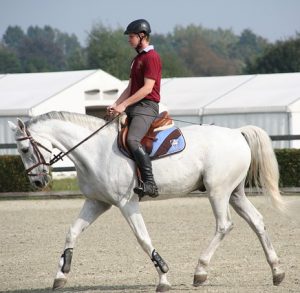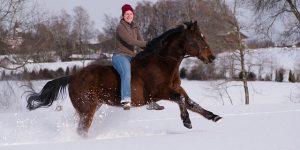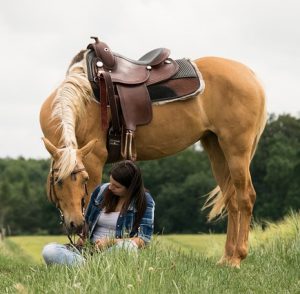There are many things that make horse riding amazing – watching races, witnessing iconic events such as Secretariat’s World Record, and betting on our favorites – especially if there is a good bonus code for betting, such as this Smarkets Promo Code. But without a doubt, one of the best aspects of horse riding is the opportunity to interact and bond with these majestic and intelligent animals. The reason why the equestrian sport is still popular is horses themselves, and how the act of riding looks so effortless.
Making horse riding your second nature requires a lot of effort. First, jockeys need to be as light as possible in order for the horses to run at full speed. Also, the two must work in perfect unison in order to achieve the desired goals.
Here are some of the most important aspects of the horse-rider relationship straight out of the horse’s mouth.
Cognitive Alignment

Tromsø University in Norway has performed research that examines the relationship between a jockey and his or her horse. While performing the scientific interviews, one common theme became prevalent and that is the so-called “co-being”. In other words, it is essential that both the horse and the rider work towards the same goal, and become physically and mentally attuned.
This is basically an expansion of the existing concept called Mirror Theory, according to which the horse is a reflection of the emotions of the rider. However, this adds a whole new dimension to it, since it implies that there is a compromise between a horse and a rider and they need to learn how to adapt to one another.
Horses have a good memory

You can find countless stories online that delve into this topic. Mainly, these are stories about horses that were separated from their owners but still managed to recognize them after a long period of time. This concept was also put to the test by the University of Sussex. The research they performed was a test on how the horse can memorize their owner, or what are the cues that are capable of eliciting a response or reaction.
In the study, the horse was given command through a speaker, and the commands were issued by the owner and by a stranger. Whenever the horse heard a command that was uttered by the owner, it would turn to him/her, and at the same time, the horse ignored the commands issued by the stranger. This is remarkable as humans were thought to be the only mammals capable of voice recognition.
Being patient and building trust

Even though horses can recognize audio cues, they still do not speak our language; yet riders and their horses can come to an understanding. Horses are quite intelligent and people can communicate with them through non-verbal cues. That being said, they cannot pick up those cues within a day or two, it takes time and patience for that communication to be established.
Once you and your horse find and establish that semiotic dynamic, you can form a firm and lasting bond of trust. So imagine how good it feels to win a horse race, and to share that moment with your horse. They know how you feel and they also experience that happiness. Even if you don’t end up victorious, you will have a friend who is just as eager as you to try again and work hard towards that goal.



